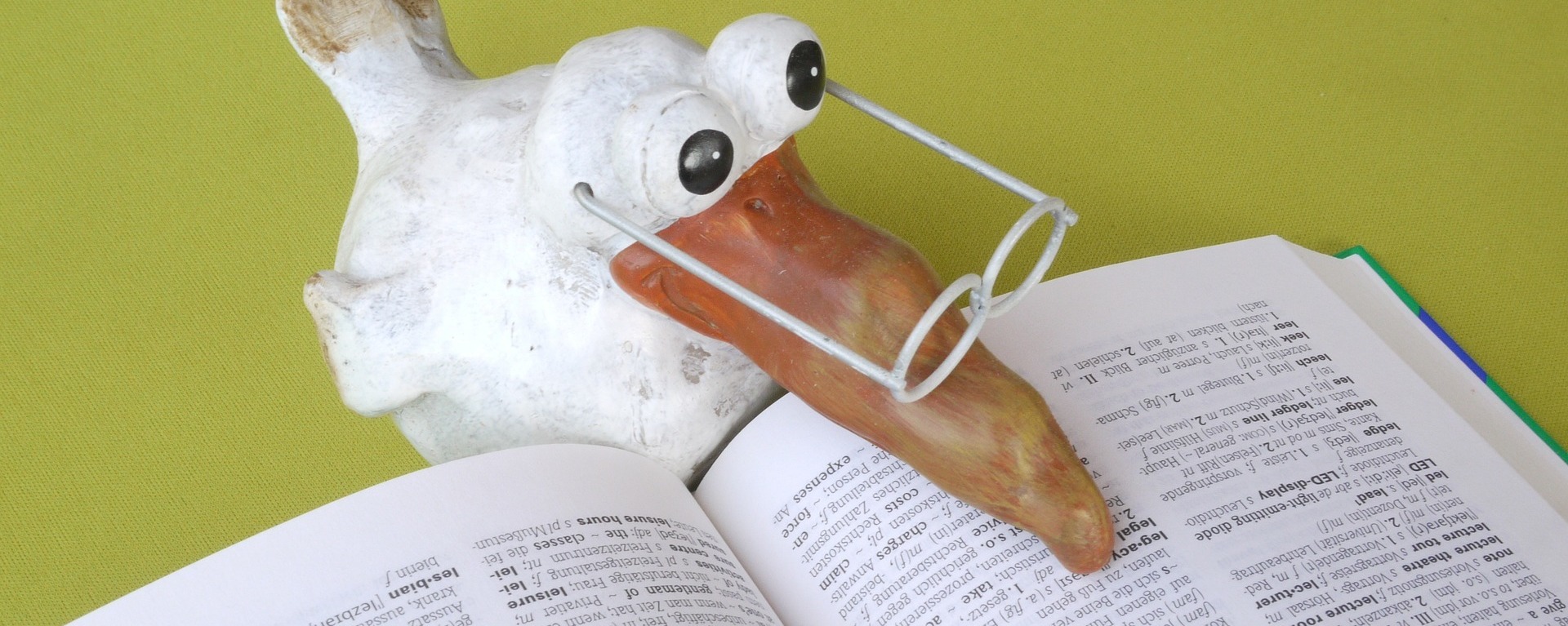Jargonbuster - Surveillance Investigator
Posted on 29th December 2020
Surveillance, in the most simple terms, means observing something or someone, usually motivated by suspicion. In the world of private investigation, it is one of the most common services and skills used to obtain data and evidence.
Most surveillance investigators will closely follow an individual or watch a building or space for a prolonged amount of time, until they feel they have an accurate picture of what is happening. Surveillance is used to monitor suspicious activity, most commonly this involves the following of employees to discover if a company is being taken advantage of.
Surveillance investigators will capture video footage to collect evidence for the case. The idea of digital surveillance is a newer form of surveillance, as now a lot of evidence can be acquired from a person's digital footprint. Physical surveillance, however, is still one of the dominant techniques for private investigators. A small video camera that doesn't draw attention may be used, or the investigator may find a spot where they cannot be seen whilst acquiring video footage.
The primary purpose of surveillance investigators is to find evidence. For example, if a company believes that an employee is talking with competition or trading information to competitors, then a surveillance operation can record where individuals are going, what they are doing, and who they are talking to. Companies don't have a lot of time to investigate these matters themselves, and carrying out an improper investigation could make things worse, so it is always important that an expert is spoken to, and that expert can carry out accurate reports to be used in court.
Share this post:



